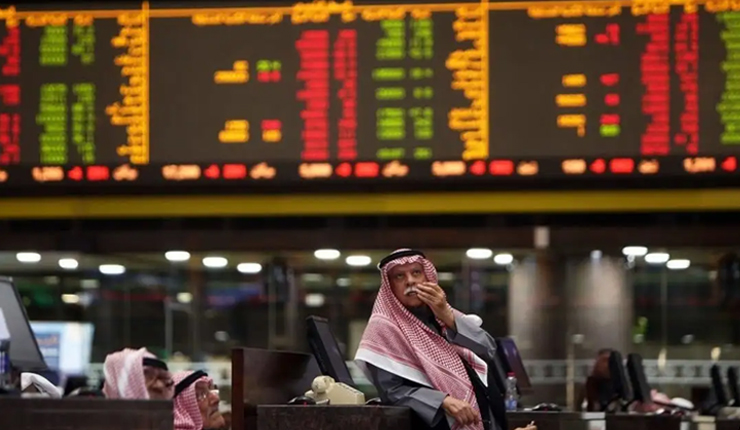The majority of the Gulf markets closed low on Tuesday with Dubai’s main index, DFM, dropping by -0.06 percent. The index closed at 3511.67 after it lost 2.22 points. It recorded a day high value of 3533.4 and a day low value of 3494.44.
Abu Dhabi’s main index, FTSE ADX General, fell by -0.082 percent to 9638.1, losing 7.87 points. The index recorded a day high value of 9652.67 and a day low value of 9621.92.
Qatar’s main index as well dropped by -0.35 percent to 3,324.14. The index lost 11.84 points, recording a day high value of 3,349.44 and a day low value of 3,321.75.
The Saudi main index, Tadawul All Share, rose by 1.19 percent, gaining 131 points. The index closed at 11,163.57, recording a day high value of 11,163.57 and a day low value of 11,028.00.
Boursa Kuwait 50 climbed by 2.136 percent to 5636.12, gaining 117.88 points. The index recorded a day high value of 5657.94 and a day low value of 5543.48.


